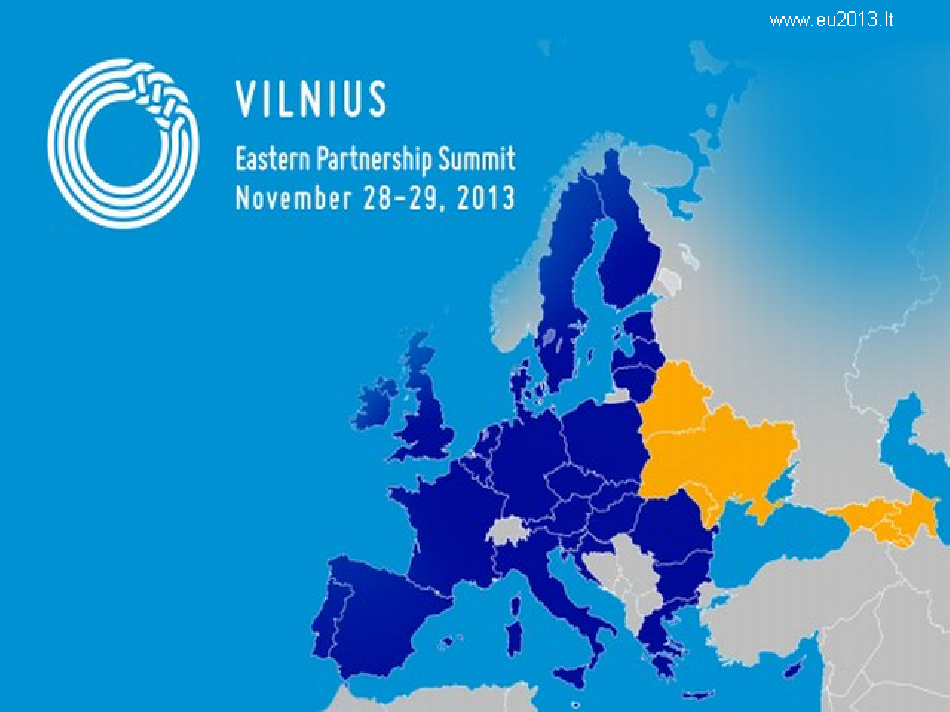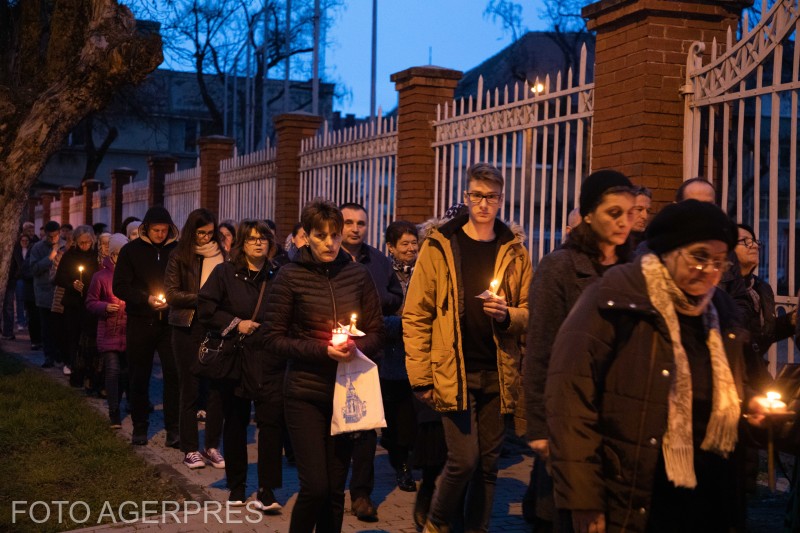Vilnius hosts EU summit
The EU summit in Vilnius is a sign that EU structures continue their expansion to the east

Bogdan Matei, 28.11.2013, 13:58
More than two decades ago, Lithuania was leading the national revival movement in the former Soviet Union, which led to the disintegration of the Soviet empire in 1991. Today a member of the European Union and NATO, this Baltic republic plays host to a meeting of the Eastern Partnership, a structure seeking to bring the ex-Soviet space closer to EU structures by means of democracy and prosperity.
The summit in Vilnius brings together heads of state and government from all the 28 EU member states and the 6 ex-Soviet republics. On Friday, Georgia and the Republic of Moldova will initial their association and free trade agreements with the European Union, while the other former Soviet states remain caught between Brussels and Moscow, between their European aspirations and Soviet nostalgia. Incompatible with Europe’s democratic standards under the authoritarian regime of Alexander Lukashenko, Belarus is part of the customs union initiated by Russia. Armenia, which is still economically and military dependant on Moscow, also joined this customs union two months ago. Armenia’s neighbour and long-time enemy, Azerbaidjan is still negotiating with the European Union, but has made no formal commitment.
The most important of the former Soviet republics in geopolitical terms, Ukraine was supposed to be the first member of the Eastern Partnership summit to sign an agreement with the European Union, but backed down at the last minute, thus giving in to increasing pressure from Russia. The Republic of Moldova has not been spared such pressure, either. However, thanks to support from a large section of Moldovan society, the EU officials and the neighbouring Romania, the pro-western government coalition in Chisinau has resisted Moscow’s pressures, as well as threats.
Romania’s president Traian Basescu believes the summit in Vilnius and the initialling of the association and free trade agreements with the EU is but the first step for Moldova, saying it may pass another ten years before it may enter the European Union. Moldova’s Prime Minister Iurie Leanca agrees that its European path only becomes irreversible when Chisinau officially earns the status of an EU candidate state.






























